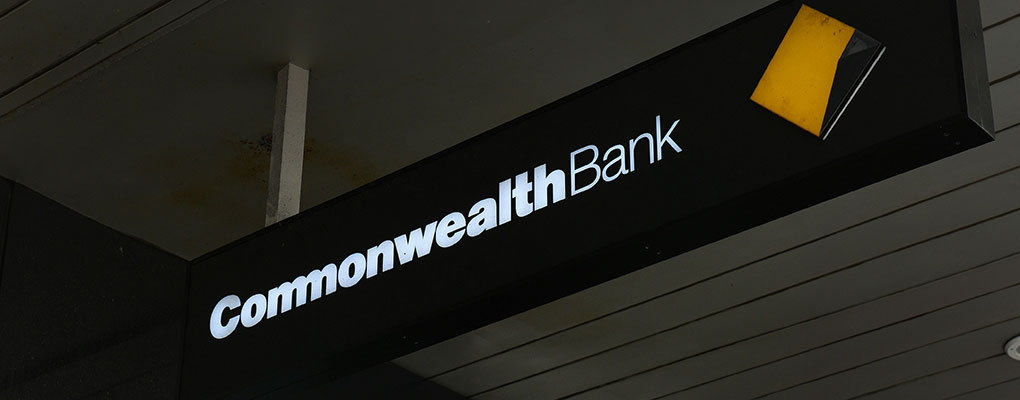
Four Corners and Fairfax have accused CommInsure – the insurance arm of the Commonwealth Bank and one of Australia’s biggest life insurance providers – of pressuring doctors to alter their opinions, while cherry-picking evidence in order to deny insurance claims.
Following a joint Four Corners-Fairfax investigation, allegations point to widespread unethical behaviour within CommInsure. A whistleblower who worked for CommInsure between 2013 and 2015 said there was a culture within the organisation of putting profits before people.
Specific allegations centre on the definition of a heart attack as employed by CommInsure, wherein claims were refused if a victim’s blood did not contain enough of the protein Troponin. Speaking to the Australian Broadcasting Corporation, Professor Andrew MacIsaac, President of the Cardiology Society of Australia and New Zealand, said that simply looking at a victim’s level of Troponin in isolation was not sufficient to diagnose the severity of a heart attack.
Chief Executive of the Commonwealth Bank, Ian Narev, said in a statement that his organisation had failed its responsibility to deal with some claims: “I am saddened and disappointed by the handling of these cases. I will personally write to the customers concerned to apologise and offer to meet with them face to face.” The statement also read that CommInsure now plans to update its definition of a heart attack as soon as possible.
Shadow Financial Services Minister, Jim Chalmers, said that the government must consider a royal commission when examining the claims.
This is not the first time the Commonwealth Bank has been the centre of controversy: in 2014, the bank faced allegations of fraud, forgery and a management cover-up in its financial planning unit after clients’ money was put into high-risk investments without their permission. Narev apologised at the time and the bank launched a programme to compensate people who were affected.


